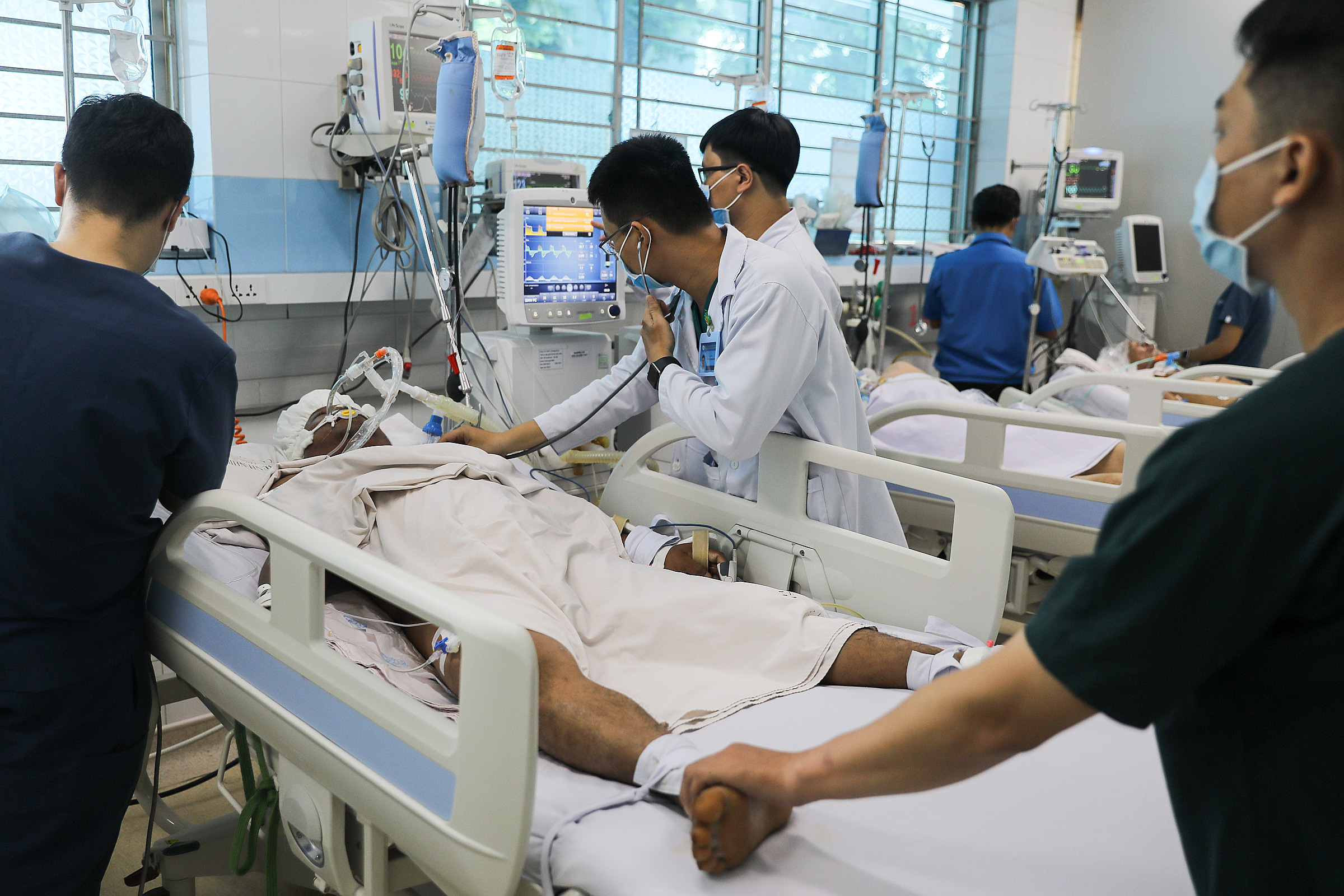On 11/7, Vo Hai Son, Deputy Director of the Preventive Medicine Department at the Ministry of Health, reported that the dengue fever outbreak cycle has decreased, adding that the disease is entering its peak season in Vietnam. The most recent outbreak, in 2022, saw over 370,000 cases.
"The dengue fever cycle is shortening, and if localities don't implement decisive preventive measures from the start of the season, the risk of another outbreak in 2025 is very high," Son warned.
Since the beginning of the year, the country has recorded over 32,000 dengue fever cases and 5 deaths. Compared to the same period last year, the number of cases has decreased by over 11%, and deaths have decreased by one. However, some localities have seen a significant increase in cases compared to the same period, such as Ben Tre (up 346%), Tay Ninh (up 274%), Long An (up 208%), Dong Nai (up 191%), and TP HCM (up 151%).
With the current hot and humid weather with frequent rain creating favorable conditions for mosquito breeding and disease transmission, the Ministry of Health predicts the number of dengue fever cases will continue to rise in the coming period. For many years, dengue fever cases have tended to increase from June to December annually, coinciding with the rainy season across the country. Therefore, the Ministry of Health recommends that localities proactively prevent and control the epidemic with the spirit of "early action, from afar, and not waiting for an outbreak to occur before taking action."
 |
Doctors at the Hospital for Tropical Diseases in TP HCM treat a dengue fever patient. Photo: Quynh Tran |
Doctors at the Hospital for Tropical Diseases in TP HCM treat a dengue fever patient. Photo: Quynh Tran
Dengue fever is an acute infectious disease transmitted by mosquitoes that can affect people of all ages. The disease often progresses rapidly, from mild to severe, and can be fatal if not treated promptly. Currently, the most effective preventive measures against dengue fever remain eliminating mosquitoes and their larvae, and avoiding mosquito bites.
It is essential to cover all water containers to prevent mosquitoes from laying eggs, sleep under mosquito nets even during the day, wear long-sleeved clothing to avoid mosquito bites, and use mosquito repellents such as creams, lamps, or electric rackets. Most importantly, if you experience a fever, go to a medical facility immediately for examination and treatment. Do not self-treat at home, as this can lead to missing the warning signs of the disease.
"Every family should spend at least 10 minutes each week checking for and eliminating mosquito larvae in household water containers, washing and covering water tanks, putting fish in ornamental ponds to eliminate larvae," Son said. Regularly change the water in flower vases, add salt or chemicals to water bowls under cupboards, ornamental ponds, or rockeries; remove waste materials that can collect water, and turn over unused containers to prevent mosquito breeding grounds.
Dengue fever vaccination is a new and proactive measure to prevent and control the disease, contributing to reducing the number of cases and deaths. However, according to Son, vaccination cannot replace traditional preventive measures. Therefore, to achieve sustainable epidemic prevention and control, it is still necessary to maintain epidemiological surveillance activities, control disease vectors, treat outbreaks early and thoroughly, and raise public awareness.
Le Nga












